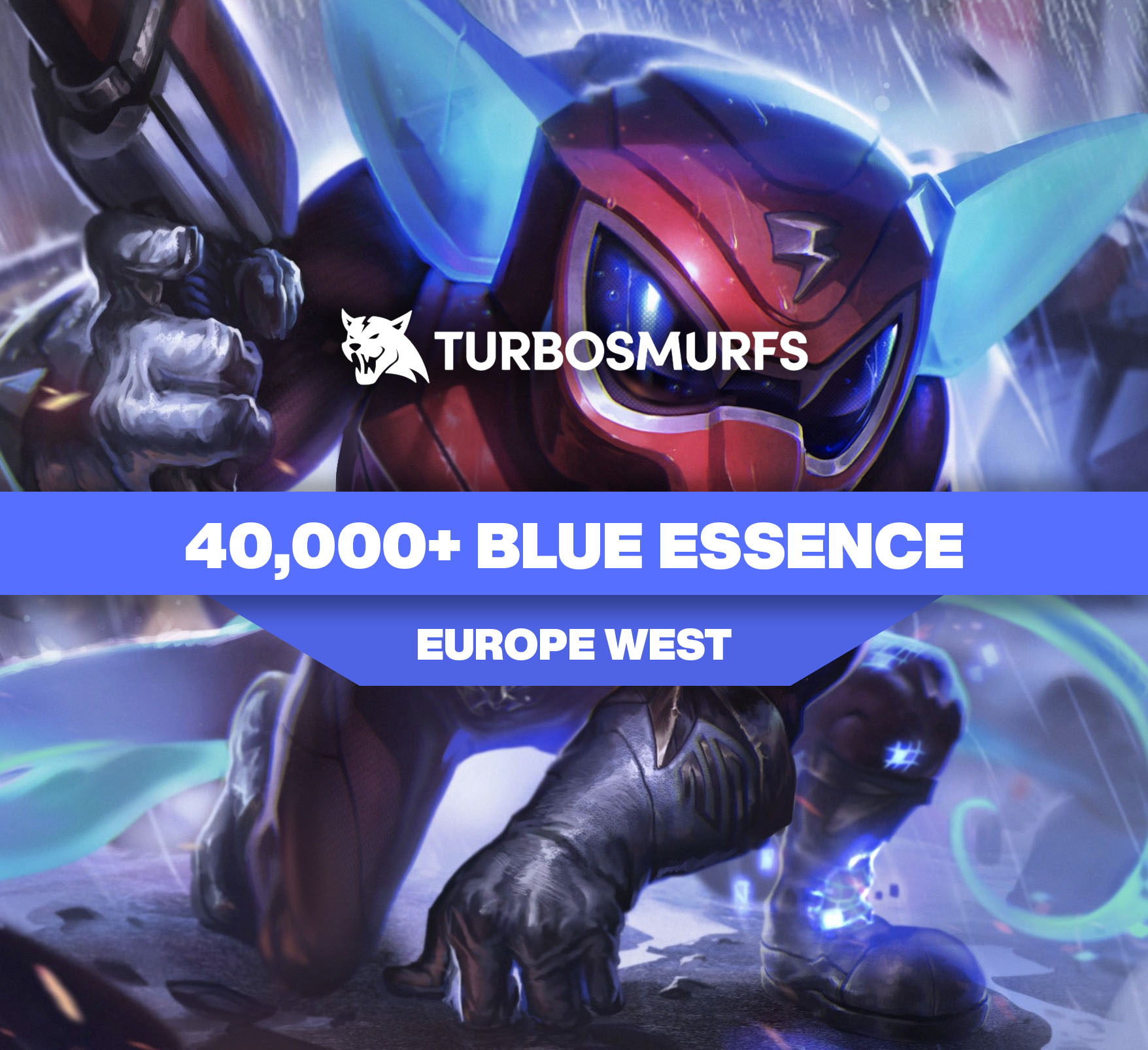
Why Sometimes It Feels Like the Game is Against You: How Systems Work in Online Games
Have you ever experienced a prolonged losing streak? You miss every shot, enemies feel stronger, and the loot is trash. These losses sometimes start to feel personal, and you may begin to wonder if the games are rigged against you.
This article breaks down what’s actually happening behind the scenes. Let’s get started!
The Psychology Behind the "Rigged" Feeling
Before you blame the game, it’s essential to understand how the human brain works. Humans are wired to notice losses more than wins. This phenomenon is typically called loss aversion. A single frustrating moment in a match will stick in your memory longer than five average wins.
Then there's confirmation bias. Your brain will start pointing out every moment that supports the idea that the game is unfair if you feel that way. It filters the good and highlights the bad. You get matched with a bad support in League, and you think, "Riot hates me." Your random teammates in Overwatch 2 don’t touch points, and you assume the matchmaking is broken.
Another thing is that you could be looking for patterns. Players may start assuming that something is off when they lose a few times in a row even if it’s just bad luck.
What’s Really Going On Behind the Code
Online games aren’t just about skill. They’re built on systems, and most of them are invisible to the player. These systems decide how fair, random, or rewarding the experience feels.
RNG (Random Number Generator)
RNG is everywhere. It controls:
- Loot drops
- Critical hits
- Damage ranges
- Card draws
It’s designed to be unpredictable. But randomness still means you can get unlucky several times even when the odds seem fair. That’s how probabilities work.
For example, if a loot box has a 10% chance of dropping something rare, you could theoretically open ten and get nothing. That doesn’t mean it’s rigged. It just means luck isn’t on your side right now.
Matchmaking Systems
Most competitive games use matchmaking ratings or hidden skill scores to create balanced lobbies. The system tries to match you with players at your level.
But here’s the twist: If you’re doing well, it might put you against tougher opponents to test your skills. That’s where losing streaks begin. Suddenly it begins feeling like everyone got better. Remember you’re not getting worse. You’re just climbing a hidden ladder.
The Game Sometimes Is Designed to Push Back
Some games are designed to change their difficulty depending on how well you’re playing. This is called an adaptive system.
If you’re winning too easily, the game might suddenly get harder. You could get:
- Tougher enemies
- Bad teammates
- Worse luck with drops or damage
The main reason why this happens is to keep you engaged. Easy games may make you get bored too quickly. Hard games on the other hand may force you to quit. So the system tries to keep things balanced and challenging without pushing you away.
This phenomenon is called rubberbanding in racing games. That is when enemies speed up and catch you even if you are far ahead. In fighting and strategy games, there are comeback systems that give the losing side extra help.
These systems are not always bad. They are designed to make the game more fun. But sometimes they kick in at just the wrong time and make it feel like the game is working against you.
Monetization Can Tilt Fairness Too
Not all unfairness is accidental. Sometimes it’s built into the business model.
Loot Boxes and Skins
Games that sell loot boxes often use variable reward schedules. This means the rewards are random. However, the excitement builds up over time, and the feeling can become addictive. It feels like robbery when you spend real money on such games and get nothing.
Pay-to-Win Systems
Players who spend real money may get extra features that boost their games. These include:
- Better weapons
- Extra boosts
- Faster progress
If you're a free player, you're often at a disadvantage. In that moment you may begin feeling like the game is stacked against you. Consider spending for better results.
Why Players Keep Coming Back
Most players keep coming back despite the unfair outcomes. The main reason is that game systems are also built to reward you just enough to stay hopeful. One of the benefits you may get is daily bonuses. This normally comes in the form of free spins or cash. Click here free real money casino no deposit to get more information on the gifts you’re likely to enjoy. Other perks include:
- Level-up rewards
- Occasional big wins
- New unlocks just around the corner
That’s variable reinforcement. You don’t know when the next good thing is coming but you’ll feel amazing when it does. The dopamine spike keeps you hooked as you keep hoping for the next big win.
How to Outsmart the System
Here’s what you can do when the game starts to feel like your enemy:
Learn the Mechanics
Don’t just grind. Read patch notes. Learn how your game’s matchmaking and reward systems work. That way, nothing surprises you.
Track Your Own Data
Use stat trackers like Tracker.gg, OP.GG, or Overbuff. You’ll often realize your performance isn’t as bad as it feels.
Recognize Tilt
Hard losses make you chase wins. Stop playing once you’ve just had two soul-crushing losses. Chasing wins may lead to sloppy decisions.
Focus on Self-Improvement
Stop obsessing over rank.Focus on your aim, strategy, and timing. That’s where real skill gains happen.
Wrap Up
Games aren’t out to get you. Instead, they are built to keep you hooked. Matchmaking keeps things tight, RNG creates highs and lows, and reward systems keep you chasing that next win.
Understanding how these systems work makes you a smarter player and less likely to tilt when things go south. So the next time the game feels rigged, pause and ask if it’s bad luck or just good design doing its job a little too well.

